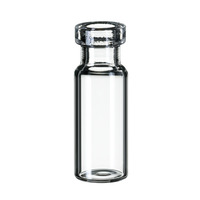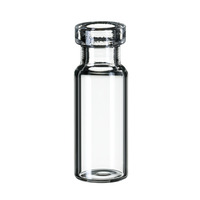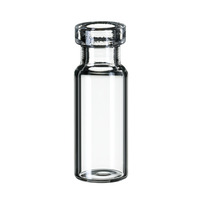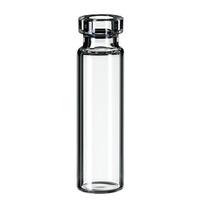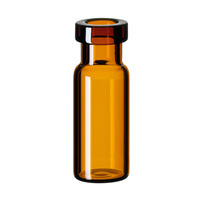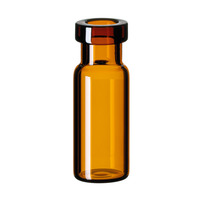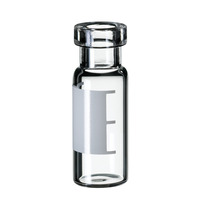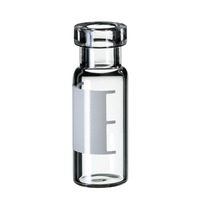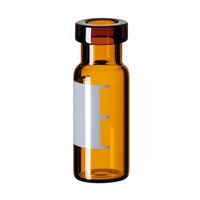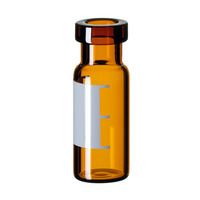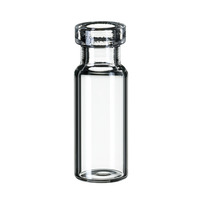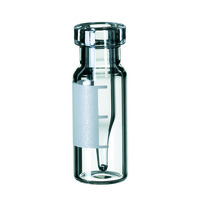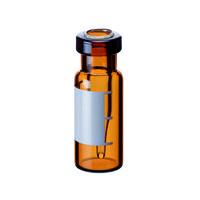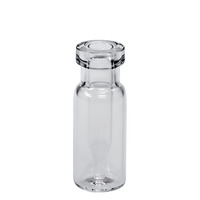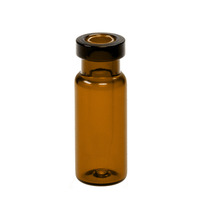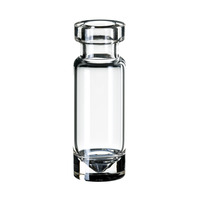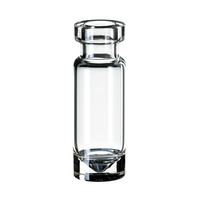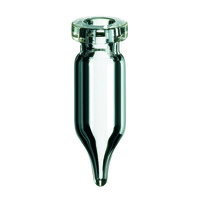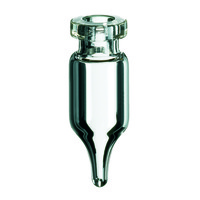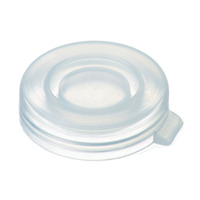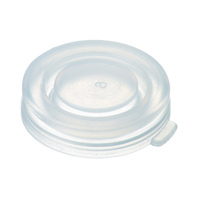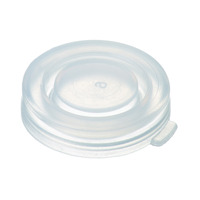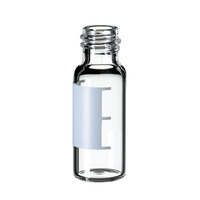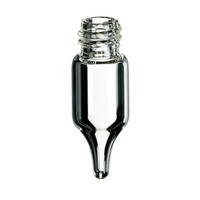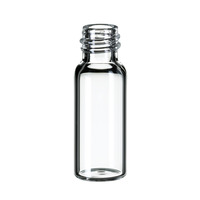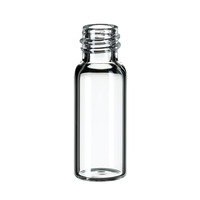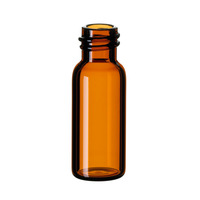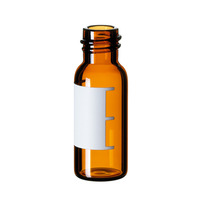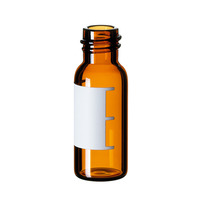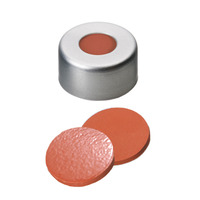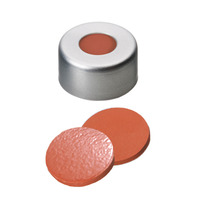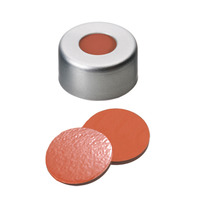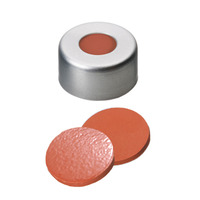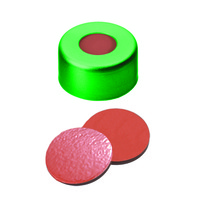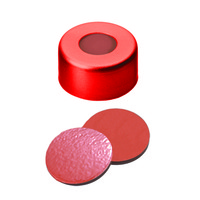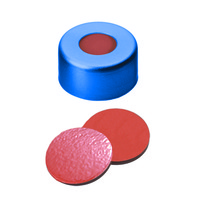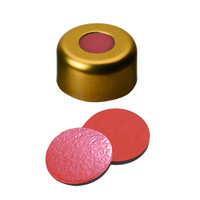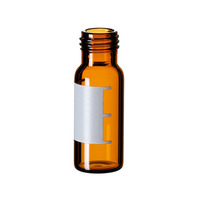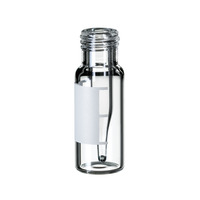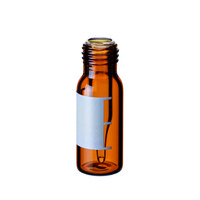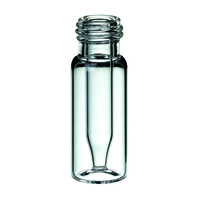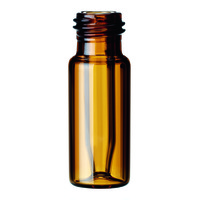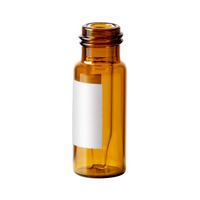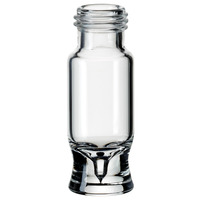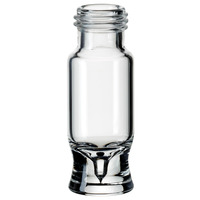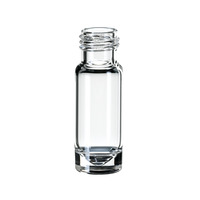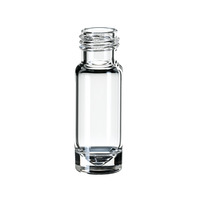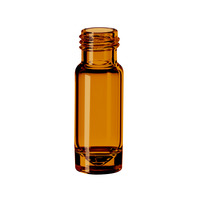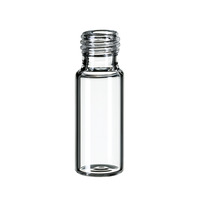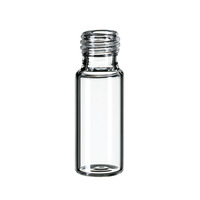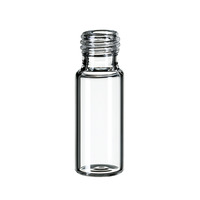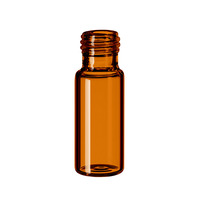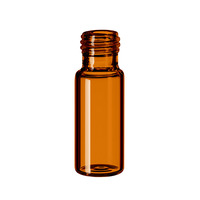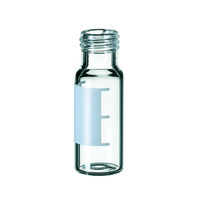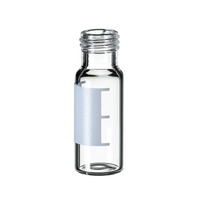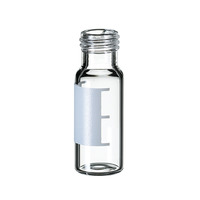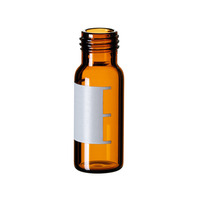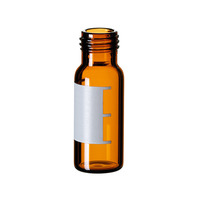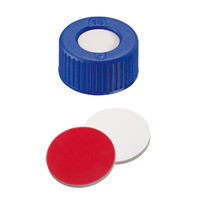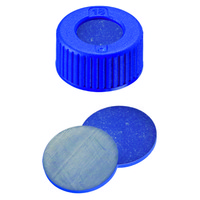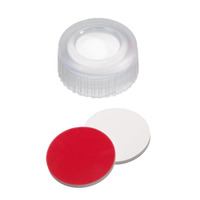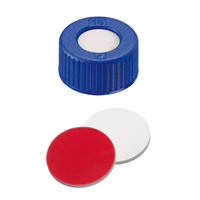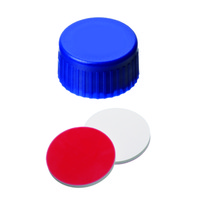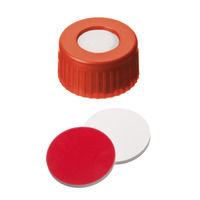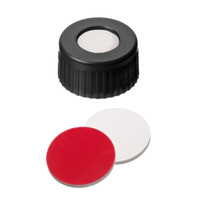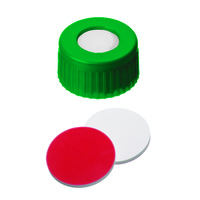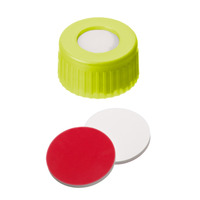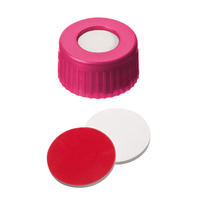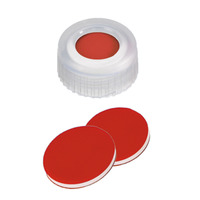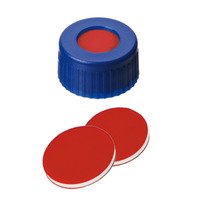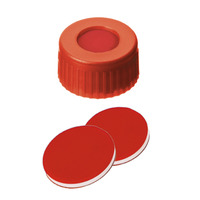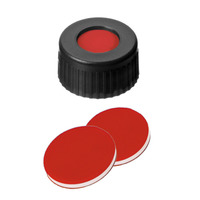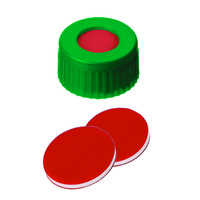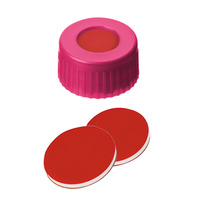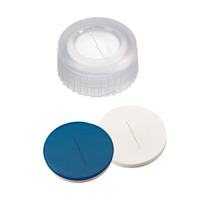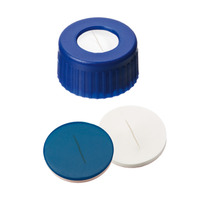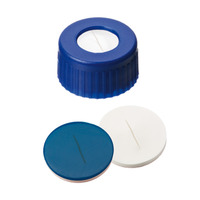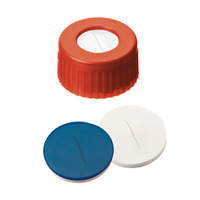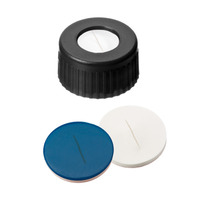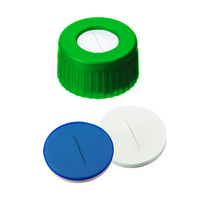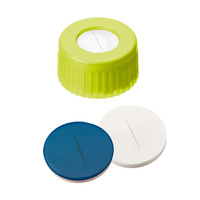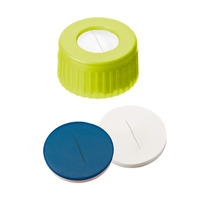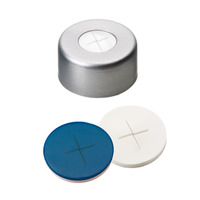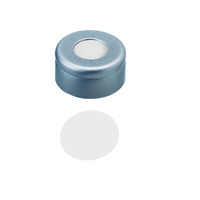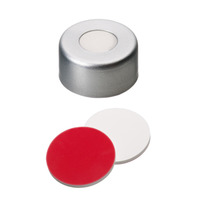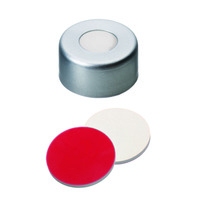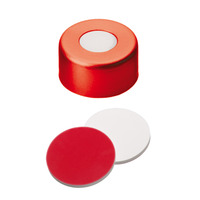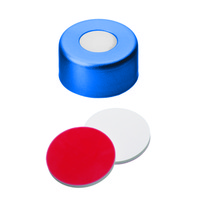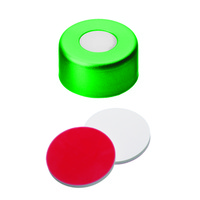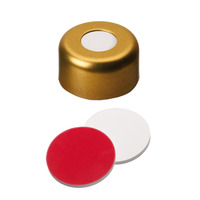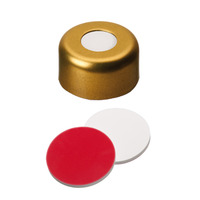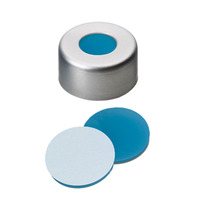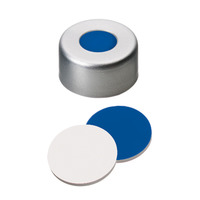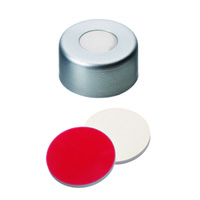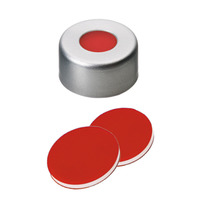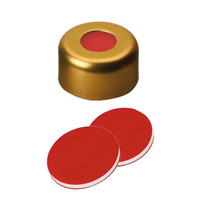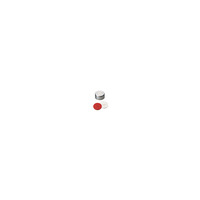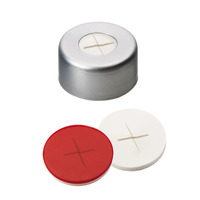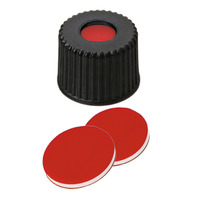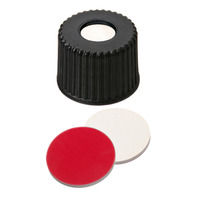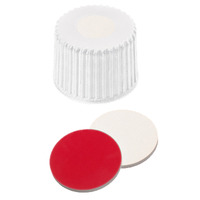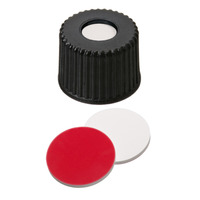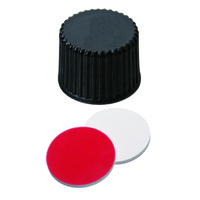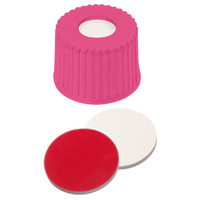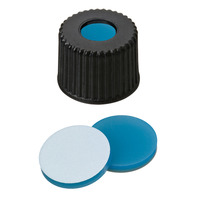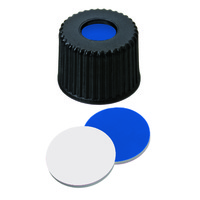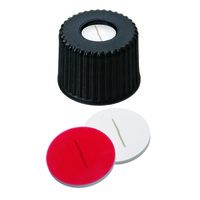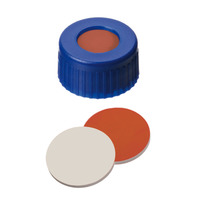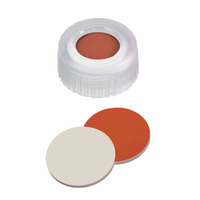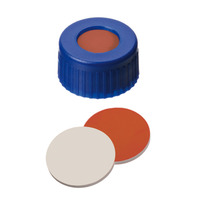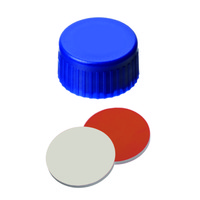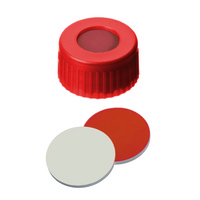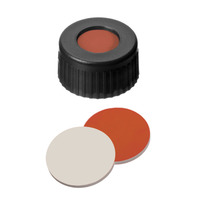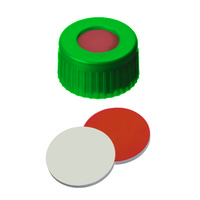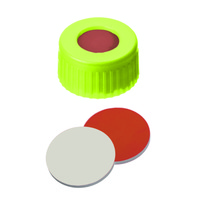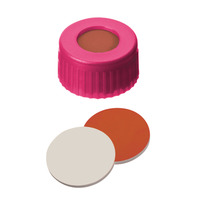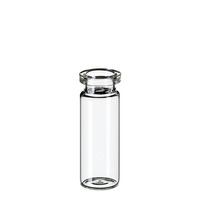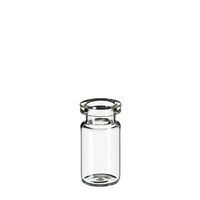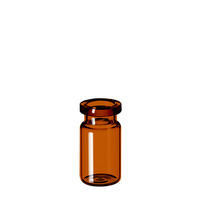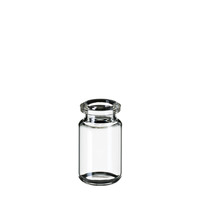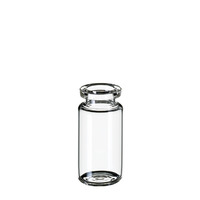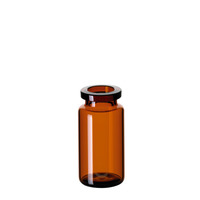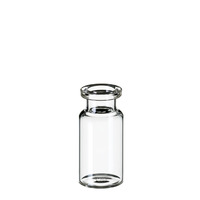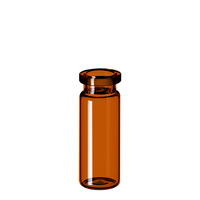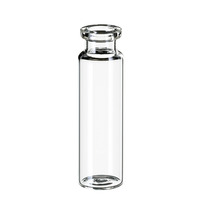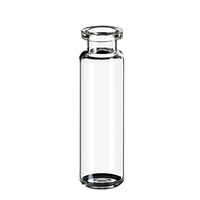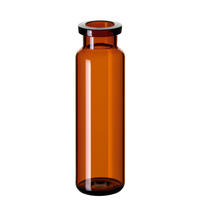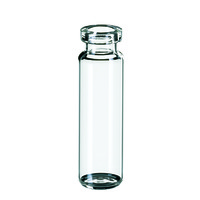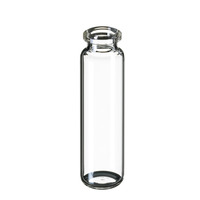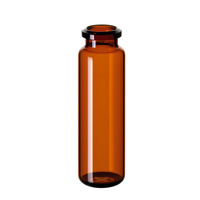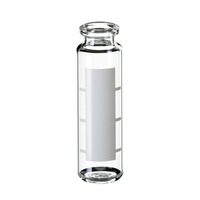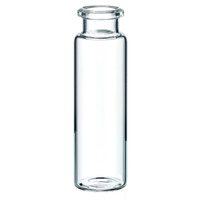-
- Sarf malzeme
- İş Sağlığı Güvenliği
- Analitik ölçüm ve test
- Karıştırma, Çalkalama, Karma
- Numune hazırlama
- Damıtma, ayırma, filtreme
- Isıtma ve soğutma teknolojisi
- Liquid Handling
- Vakum teknolojisi
- Optik aletler ve mikroskoplar
- Temizlik ve sterilizasyon
- Çevre, toprak, su ve gıda analizi
- Kromatografi
- Temiz Oda
Vialer, septalar
Crimp neck vials and micro-vials ND11, wide opening
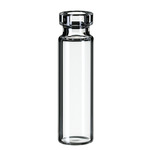
Crimp neck vials and micro-vials ND11 made of clear and amber first hydrolytic class glass are used as standard in GC and HPLC. A large selection of micro-inserts is available for these vials....
Screw neck vials and micro-vials ND8, small opening

Screw neck vials and micro-vials ND8 are available in clear and amber first hydrolytic class glass. They have a 8-425 thread and are used as standard in GC and HPLC applications. A large selection of micro-inserts with a 5 mm diameter is available for these vials. The micro-vials often require an adapter so that they can be used in an autosampler....
With natural rubber / TEF septa

Crimp seals ND11 are made of aluminium. They are clear or lacquered in different colours and have a 5.5 mm hole. They are supplied with fitted septa made of a variety of materials.
These septa are temperature-resistant from -40 °C to 120 °C and ideal for multiple injections thanks to their excellent resealability properties....
Short thread vials and micro-vials ND9, wide opening

Short thread vials and micro-vials ND9 are available in clear and amber first hydrolytic class glass and can be used on almost all autosamplers. You can replace other 1.5 ml vial types like 11 mm crimp neck vials, 8-425 and 10-425 screw neck vials, which can help rationalize stocks.
...
With silicone / PTFE septa

Short thread screw seals ND9 are made of PP and are supplied with fitted septa made of a variety of materials. They have a 6 mm centre hole and are available in different colours. The screw caps are similar in shape to the crimp caps and are therefore also suitable for robotic handling.
These septa are temperature-resistant from -60 °C to 200 °C and have better purity than septa made of natural rubber, butyl or red rubber. However, they have less effective resealability properties and are therefore more suitable for single-injection applications. Septa with a double-sided PTFE coating show a very low particle formation during penetration....
With silicone / PTFE septa

Crimp seals ND11 are made of aluminium. They are clear or lacquered in different colours and have a 5.5 mm hole. They are supplied with fitted septa made of a variety of materials.
These septa are temperature-resistant from -60 °C to 200 °C and have a better purity than septa made of natural rubber or red rubber. However, they have less effective resealability properties and are therefore more suitable for single-injection applications....
With silicone / PTFE septa

Screw seals ND8 are made of PP and are supplied without or with fitted septa made of a variety of materials. They have a 8-425 thread, a 5.5 mm centre hole or are closed.
These septa are temperature-resistant from -60 °C to 200 °C and have better purity than septa made of natural rubber, butyl or red rubber. However, they have less effective resealability properties and are therefore more suitable for single-injection applications. Septa with a double-sided PTFE coating show a very low particle formation during penetration....
With RedRubber / PTFE septa

Short thread screw seals ND9 are made of PP and are supplied with fitted septa made of a variety of materials. They have a 6 mm centre hole and are available in different colours. The screw caps are similar in shape to the crimp caps and are therefore also suitable for robotic handling.
These septa are temperature-resistant from -40 °C to 110 °C. They are easier to penetrate and have lower particle formation than septa made of natural rubber....
Crimp neck and headspace vials ND20

Crimp neck and headspace vials ND20 with rounded or flat bottom made of clear and amber first hydrolytic class glass need to be able to withstand very high internal pressures and, as a result, their walls are generally 1.2 mm thick. The vials are available with a flat DIN crimp neck or with a bevelled neck (HS neck)....





